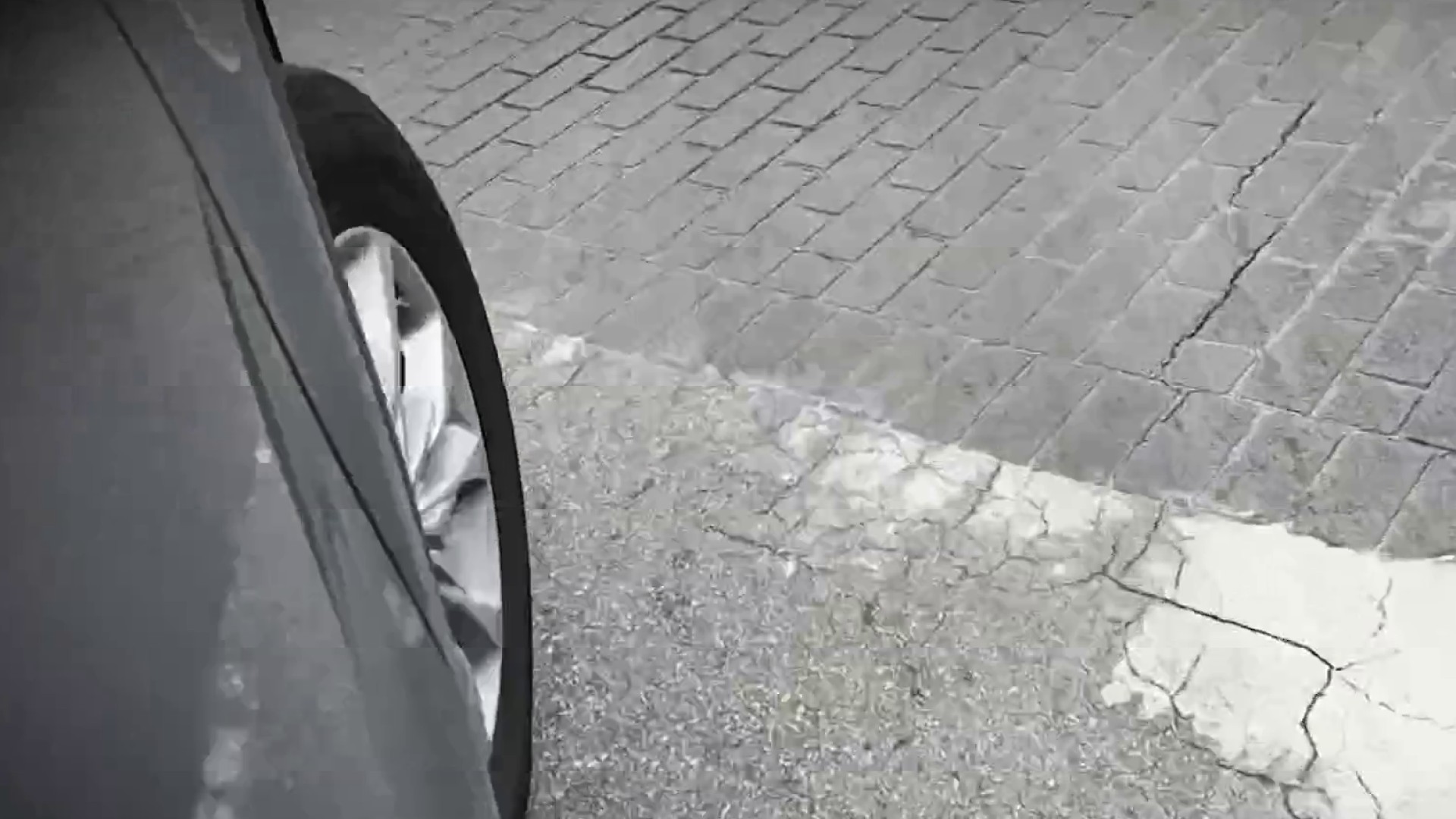Broward circuit judge Stefanie Moon faces discipline from the Florida Supreme Court after she admitted to violating, among other things, judicial canons that bar a judge from campaign activities while on the bench – conduct first exposed in a report by NBC6 Investigates last May.
Broward circuit judge Stefanie Moon faces discipline from the Florida Supreme Court after she admitted to violating, among other things, judicial canons that bar a judge from campaign activities while on the bench – conduct first exposed in a report by NBC6 Investigates last May.
A state commission that investigates judicial misconduct this week made public its recommendation to the Florida Supreme Court that Moon face a public reprimand – a punishment Moon has consented to, though the final discipline will be up to the state’s highest court.
Watch NBC6 free wherever you are
The Judicial Qualifications Commission was “quite disturbed” by Moon asking an attorney in court why he did not return her otherwise proper, after-hours phone call last January asking him to serve on the campaign committee that was ultimately successful in helping her get re-elected last year.
It described “the inherently coercive nature of the interaction between a robed judge in court questioning an attorney who appears with a client about the attorney’s support or non-support of their campaign,” the JQC wrote, adding her conduct “could reasonably raise questions about the judge’s integrity or impartiality.”
Get local news you need to know to start your day with NBC 6's News Headlines newsletter.
The lawyer in question, Michael Jones, told NBC6 Investigates in May the interaction made him “extremely uncomfortable,” as he was supporting Moon’s opponent, attorney Johnny Weekes.
Judges seeking reelection and their opponents fall under very strict rules about when and how they can campaign, and courthouse facilities are usually off limits.
While judges and candidates cannot directly solicit contributions to their campaigns, they are allowed to recruit a “committee of responsible persons” whose members may seek contributions and manage their expenditures, as well as gather public statements of support for the judge, according to the Florida canons that govern judicial conduct.
Local
So Moon did nothing wrong when she called Jones from her personal cellphone on Friday, Jan. 19, 2024, after courthouse hours and left a voicemail saying: “This is Judge Stefanie Moon. I hope you are well. I’m reaching out because I’m putting together my reelection committee and I was wondering if you would agree to serve. If you would kindly return my call, I’d greatly appreciate it.”
But Jones did not return her call, an issue she raised in her courtroom after a Feb. 23 proceeding with one of Jones’ clients.
A court reporter’s audio recording reveals typical exchanges among the judge, lawyers and parties. The legal discussion ends after Judge Moon says, “The matter is hereby dismissed. I wish you health and safety. Have a good day.”
Then her attention turned to Jones.
“Mr. Jones.”
“Yes, your honor,” Jones replied.
“I left you a message,” the judge states, just before the JQC found Moon “deactivated the courtroom audio recording.”
Jones recounted to NBC6 what he said happened next.
“I said, ‘Yes, judge. You did.’ And she asked me why I didn't return the court's call. I hesitated and I said, I'd be happy to explain why I didn't return the court's call if we can go sidebar,” the place in the courtroom where the judge can speak with lawyers without others in the courtroom hearing them. “And she paused as I started to approach. She said, ‘No. Not at this time. That won't be necessary.’”
Moon admitted asking about the call was “inappropriate and could have been perceived as coercive,” the JQC said, but she denied asking Jones why he did not return the call, saying she did not need to ask “because the reason was self-evident.”
But the JQC said if it “accepts Judge Moon’s explanation that she did not need to have a follow-up conversation because the reason for the unreturned call was self-evident, that necessarily raises the question of why the judge brought up the call in the first place.”
Moon has declined or not responded to multiple requests for comment from NBC6.
In addition to finding Moon violated judicial canons in her dealings with Jones, the JQC also found – and Moon admitted - she committed misconduct by contacting a witness in one of her cases outside the presence of parties to the case. She called and questioned a mental health counselor for a man accused of stalking before that counselor could testify in her court, according to court filings.
In recommending a public reprimand, rather than a more serious punishment, the JQC noted Moon admitted to her misconduct, “expressed deep regret” and accepted the recommended sanction.
Moon, a lawyer for 30 years, has been assigned to family court since she was first elected to a six-year term in 2018 after handling both civil and criminal cases as an assistant US attorney and in private practice.
Weekes, her opponent in the August 2024 primary, said during the campaign he ran because “the candor, the respect that's in that courtroom just is not there. And I thought Broward County needed something different,” he said.
But voters disagreed and in August re-elected Moon to the bench with nearly 65 percent of the vote.



